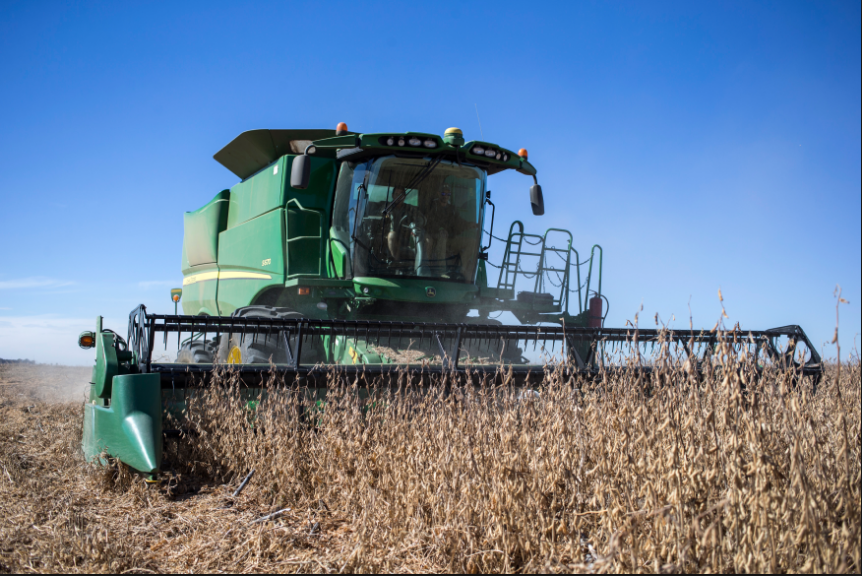
Namibia to embark on land reform debate

Namibia’s President Hage Geingob is now urging citizens to participate in land expropriation talks, as he seeks to ease political and ethnic tensions over the transfer of wealth to its majority black population.
The southern African country will hold a “national land conference” from October 1-5, for discussion of policies that will accelerate the land reform programme.
“I believe that we should have difficult conversations, as Namibians, with the aim of finding peaceful and sustainable solutions to the challenges of inequality, landlessness and outstanding pains of genocide,” Geingob said during Sunday’s heroes’ day commemorations in northern Namibia.
According to Geingob, the October conference would address the willing-seller, willing-buyer principle, ancestral land claims for restitution, expropriation in public interest with just compensation, urban land reform and resettlement criteria.
“If we don´t correct the wrongs of the past through appropriate policies and actions, our peace will not be sustainable,” the president warned.
Namibia’s neighbor and regional economic powerhouse South Africa is also in the process of amending land ownership laws, causing investor jitters locally and abroad, leading to a controversial tweet by United States President Donald Trump this week criticizing the move by South Africa.
Geingob, who was the country’s first prime minister, was one of the drafters of the Namibian constitution which protected property rights of people who owned land prior to independence.
He is however facing increasing pressure to return ancestral lands to the rightful owners.
Geingob is now calling for calm and insists that white people who own farms are also Namibians.
“It is true that they came and stole the land 100 years ago, but a white boy who was born on that land has Namibian blood,” Geingob said.
The government announced in parliament two years ago that German citizens own 141 out of 281 farms which belong to foreign nationals. Over 108 farms measuring more than 450,000 hectares are owned by South Africans.






